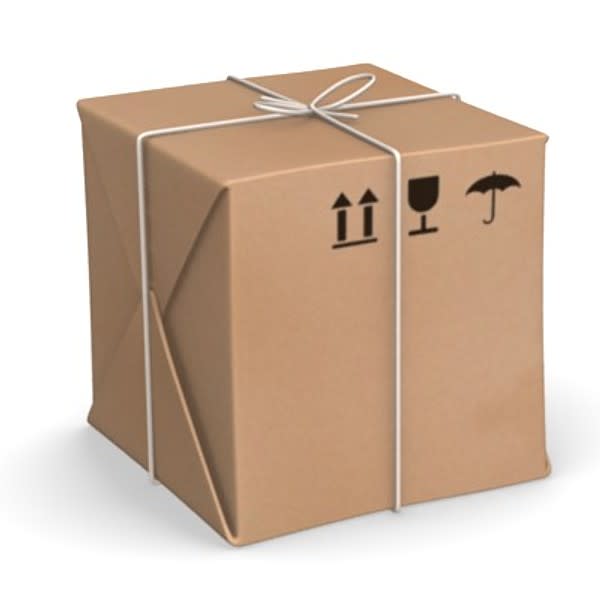Holy and Secular – The taxi driver’s hands felt heavy. But just when he decided to put the sign down and rest his weary hands, the merchant appeared at the gate of the terminal. The driver, who was able to identify the merchant both from the picture that he had been given and from his distinguished appearance, quickly picked up his sign. It was big, with a greeting written in English: “Welcome, Mr. Yaacov Cohen.”
The merchant, who seemed tired, saw the driver immediately, and quickly came over to him. “Shalom,” the man said in perfect Hebrew. “I understand that you are waiting for me.” “Yes, sir,” the driver said with a wide smile. I was asked to meet you here. In your honor, I washed my Chevrolet this morning, so that you will feel comfortable.” But the merchant replied, “There is no need for that. I will get where I want to go more quickly by train. I asked for you to come here so that you would take my packages home for me.”
The driver seemed confused and surprised. “Just the packages?” It was both a question and a comment. “No problem, sir. Just give me the address and I will bring it to you in record time.” The merchant wrote the address on a slip of paper. He said, “Take this paper, and if you have any problems call me. Just look at my package carefully, it has a special label attached to it. That way you will not get mixed up.”
* * * * * *
The driver rang the bell. “Shalom,” the merchant answered. You can bring me the package. Put it down in the hall and come join me in the salon.” A quarter of an hour later, the driver came into the salon, breathing heavily and sweating. “That must have been hard work,” the merchant said, and he brought the driver a glass of water. The driver gulped the water down quickly and thanked the merchant. Then the merchant looked at the driver, and he said quietly, “You mixed up the packages.” The driver, who had not yet calmed down after carrying the heavy package, thought that he had not heard correctly: “What did you say, sir?” The merchant repeated his words: “You have mixed up the packages. You will have to go back to the airport and bring me the correct one.”
The driver, who had smiled until then, was now irritated. “How can you know that? You have not even seen the package!” The merchant remained calm, but he said, “I am asking you to return to the airport and bring the correct package.” And the driver was now very angry. “You must be crazy. Come with me to the entrance and I will show you YOUR package,” he said, emphasizing the end of his sentence.
“There is no need for me to come and look at the package,” the merchant said. “My package is small and light. If you had to work so hard to carry it, you must have picked up somebody else’s package. My package is very light, you would not have to sweat to carry it.” (This story is based on a parable by the Maggid of Dubna, Haazinu 413).
* * * * * *
“But you have not called out to me, Yaakov, for you have become weary with me, Yisrael” [Yeshayahu 43:22]. The Torah does not require us to become weary and to sweat. If we become tired, we must have taken hold of the wrong package. The Torah is indeed a burden that must be carried and it also restricts us, but it is a light burden and not a heavy one. The purpose of the Torah is to transform us into better people, not into people who sweat more.
It is true that chumrot – stringencies – play an important role in our service of G-d. When we take on an extra burden, we increase our commitment to the Torah and the mitzvot. But this is so only when we feel a connection to the stringencies and when they leave us in comfort. But if they become a difficult and restrictive burden, they are superfluous and no longer contribute to our service of G-d. The Almighty does not need for us to work hard, he wants us to work in a proper way.
There may be specific mitzvot that are hard to observe, and of course we must fulfill them in all their detail. But in general our feeling when we observe the mitzvot should be one of comfort and not suffering. “But you have not called out to me, Yaacov, for you have become weary with me, Yisrael.”
Reprinted with permission from Zomet Institute (www.zomet.org.il).
The words of this author reflect his/her own opinions and do not necessarily represent the official position of the Orthodox Union.
